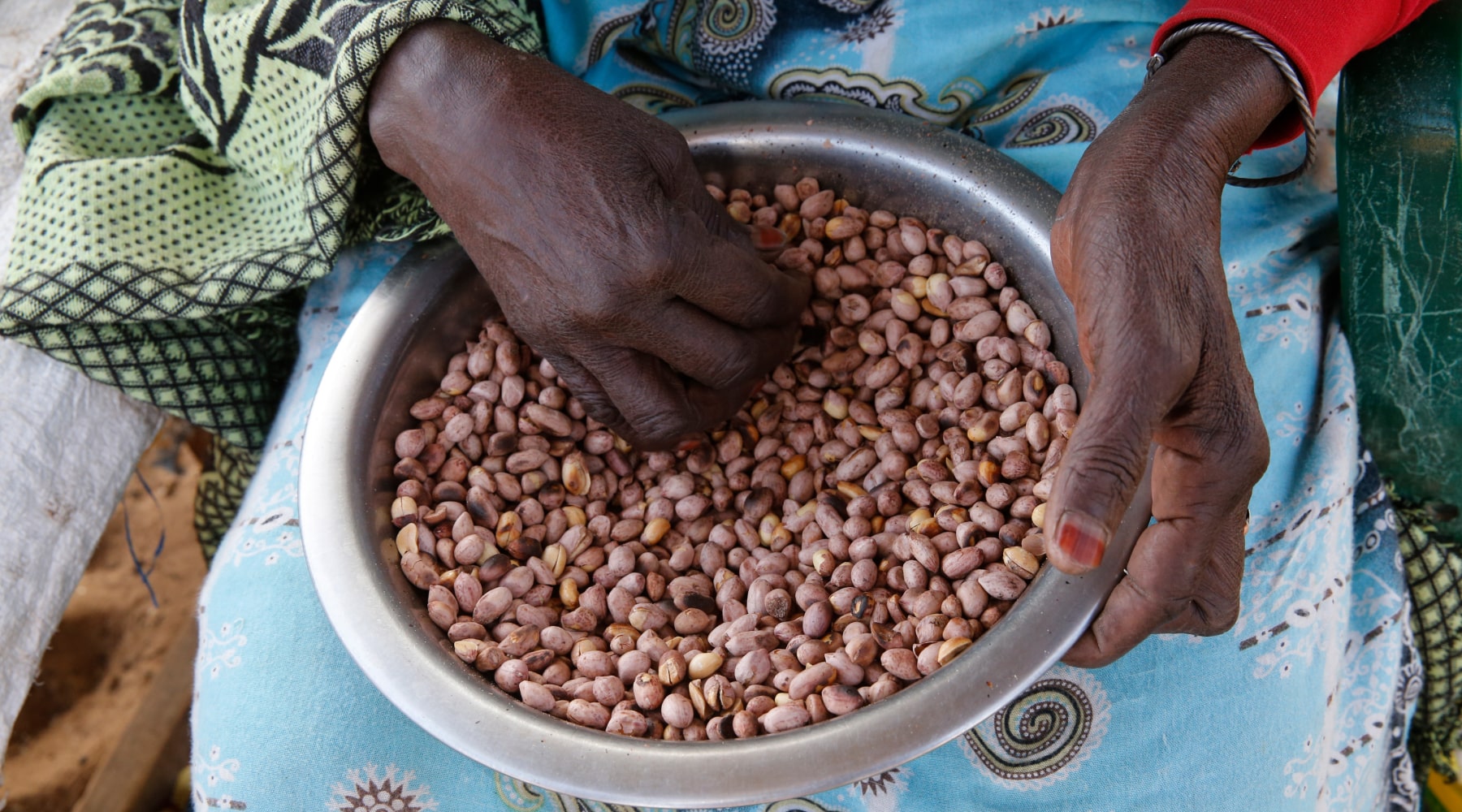Ensuring access to safe, nutritious, and affordable food to meet dietary needs should never be a pressing concern. And yet, almost one-third of the global population – 2.3 billion people – endure food insecurity.
Growing more food is only one part of the journey from farm to fork – trade facilitation plays a vital role in ensuring that highly perishable goods make it to market in optimal
condition. Reducing the time and cost of trade can mitigate deterioration and spoilage, while greater access to global markets may also encourage the transition from subsistence farming to surplus production.
Trade facilitation makes trade work better by simplifying border processes. Excessive tariffs, non-tariff barriers, and complex customs procedures impede the flow of food products across borders, affecting availability, affordability, and discouraging production.
Trade can function as a buffer against local food shortages caused by factors such as extreme weather events and crop failures. A well-functioning trade system ensures that in time of scarcity, affected regions can rely on imports to maintain food supply.
The Alliance’s public-private partnership approach has a proven, reliable record of bolstering food security, generating measurable impacts that are making a real
difference to countries, businesses, and consumers.
Among the digitalisation options at our disposal, replacing manual, paper-based phytosanitary certificates with end-to-end electronic exchange reduces the risk of error, loss or fraud. End-to-end certification makes forgery or illegal alterations far more difficult, reducing the transmission of pests and diseases.
Related reforms, such as upgrading risk management systems, lower the administrative burden on governments, enabling border officials to concentrate inspections on higher-risk threats to the food chain.
Likewise, digital initiatives such as automating certificate issuance, modernising sample food testing and supporting governments to provide transparent, up-to-date information on cross-border agri-food requirements all help strengthen food security.




